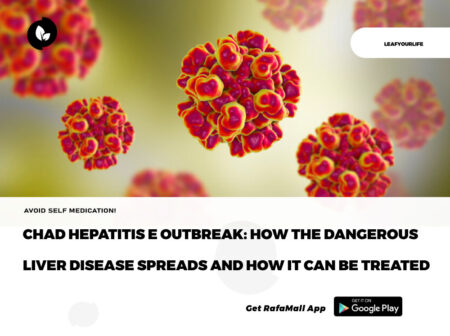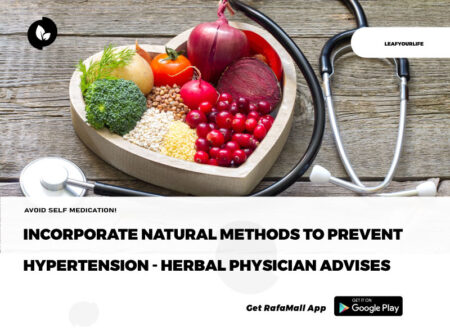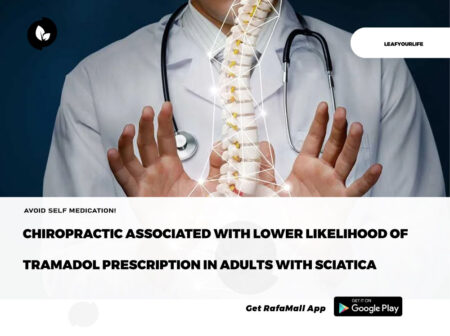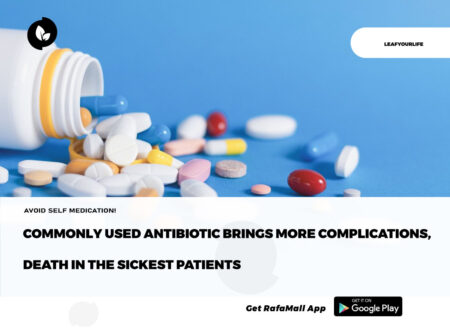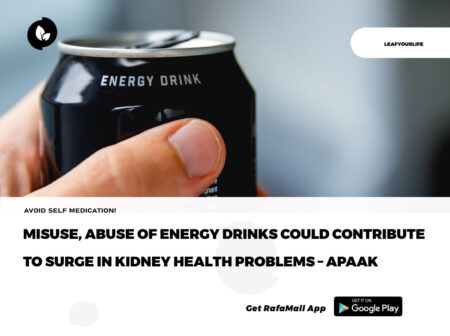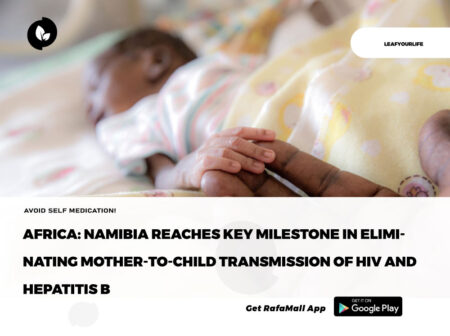
Choline is a naturally occurring nutrient in foods that is very important for humans as it is used to produce a neurotransmitter called acetylcholine which helps our muscles contract and brain functions such as memory.
Foods like salmon, whole eggs, organ meat as liver, beef, soybeans, mushrooms, broccoli, etc are very good sources of choline for every human.
In the development of a baby, choline has been studied to play an extremely important role of the development of the Neuro organs and pathways of the baby, from the brain to the spinal cord and all other neural tubes. Lack of choline or choline deficiency during pregnancy can lead to neural problems like memory insufficiency and neural tube defects.
It is therefore expedient that pregnant women get enough choline for the development of their babies.
A study about its supplementation follows.
The nutrient choline—shown to have long-term benefits for children whose mothers consume it during pregnancy—also helps the body more efficiently use an omega 3 fatty acid that is essential for fetal brain, cognition and vision development, a new study finds.
The study was published May 16 in the American Journal of Clinical Nutrition.
The findings show that choline supplementation supports cellular metabolism to more efficiently handle and release the omega 3 fatty acid DHA (Docosahexaenoic acid) from a pregnant individual’s liver. Once released into the bloodstream, DHA can be delivered into all the tissues, including the placenta.
“During pregnancy, mom is primed to get nutrients out of the liver and make them available to the baby, so by supplementing choline and DHA [together], we are increasing DHA bioavailability,” said senior author Marie Caudill, professor of nutritional sciences in the Cornell University College of Agriculture and Life Sciences.
These types of nutrient-nutrient interactions are not new, Caudill said. For example, there are known synergies in the intestines where vitamin D enhances calcium absorption and vitamin C makes iron more available.
Caudill and others at Cornell have also shown that high maternal choline intake eases an infant’s response to stress, improves information processing and has long-term benefits in sustained attention (as shown in a study that tracked children up to age 7), and in pregnant women, choline reduces a factor that contributes to preeclampsia.
In this study, a group of 30 women in gestational weeks 12 to 16 were randomly divided into two groups: One was given 500 milligrams of choline per day, plus 50 milligrams per day of choline labeled with deuterium, so it could be tracked through the body. The other group served as a control and was given 25 milligrams per day of just the labeled choline. All participants were also given a daily 200-milligram DHA supplement, a prenatal vitamin and mineral supplement, and could eat their normal diet. Blood and urine were taken after fasting at the start of the experiment for a baseline, and then during gestational weeks 20-24 and weeks 28-30. Maternal blood and cord blood were also taken at delivery.
By tracking the labeled choline, the researchers identified a chemical reaction in which choline donates small molecules called methyl groups that are added to a molecule called phosphatidylethanolamine. Through a biological pathway, phosphatidylethanolamine is converted to a new choline-containing molecule, phosphatidylcholine, which is enriched with DHA. In this form, DHA gets transferred out of the liver and into a mother’s bloodstream, where it is available for use in tissues.
Future work will help determine if choline’s ability to enhance DHA bioavailability is contributing to some of the benefits found when pregnant women supplement choline.
“Our results would suggest that choline supplementation may help achieve higher DHA status with lower DHA doses during pregnancy,” Klatt said. “Our data points towards choline intake as another significant determinant of the amount of dietary DHA that makes it into tissues in pregnancy.”
Originally from: medicalxpress.com

